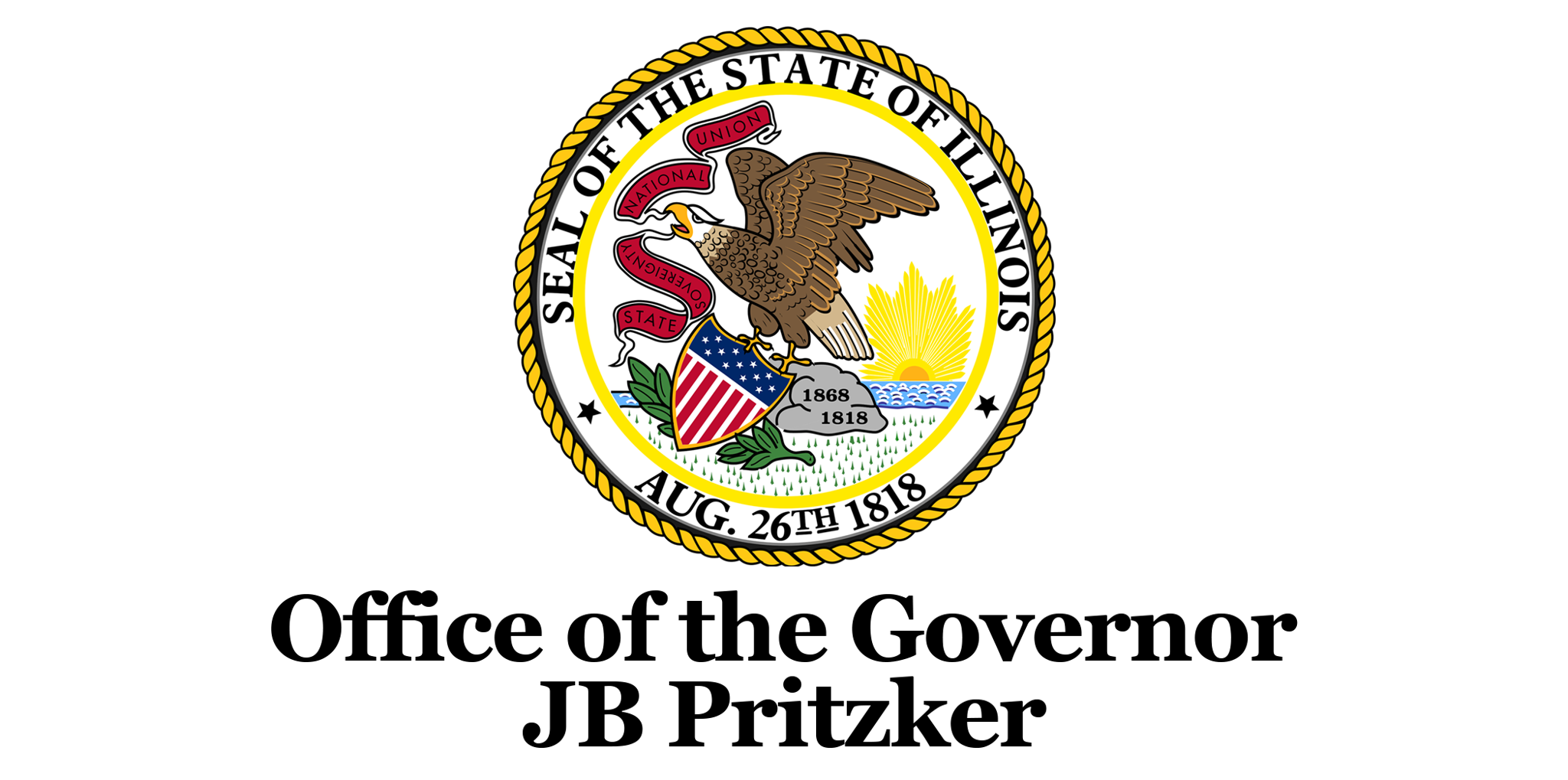Gov. Pritzker Signs Executive Order Responding to Trump’s Tariffs on Illinois Economy
Illinois Joins States Across the Country Taking Action to Mitigate Impact on Working Families and Businesses
July 14, 2025

CHICAGO — Today, Governor JB Pritzker signed Executive Order 2025-03, directing state agencies to evaluate the scale and impact of how Trump’s tariffs will affect key economic sectors in and the increased costs that will be passed onto working families. The order comes as the Trump Administration continues to push a disastrous trade policy that exacerbates economic uncertainty for businesses, disrupts supply chains, and raises costs on everyday goods.
Gov. Pritzker joins other governors including Colorado, New York, Oregon, and Washington, who are taking similar executive actions at the state level.
“Donald Trump’s reckless trade policies are nothing more than a tax on working families that will jack up prices, threaten jobs, and impact the way we live,” said Governor JB Pritzker. “This Executive Order ensures we have a clear-eyed view of the impact the Trump Slump will cause from higher prices at the grocery store to uncertainty in our farms and factories. We’re working with other states to stand up for working people and protect our economies when we can.”
As part of the Executive Order, Gov. Pritzker has directed state agencies to assess the following:
- Identify Business Vulnerabilities and Workforce Disruptions: The Illinois Department of Commerce and Economic Opportunity (DCEO), in collaboration with the Illinois Department of Employment Security (IDES), will evaluate the industries and economic development regions most affected by trade-related disruptions, key challenges reported by Illinois businesses navigating the new trade landscape, and employment trends.
- Prepare for Medical Supply Chain Disruptions: The Illinois Department of Public Health (IDPH) will assess the type of medical supplies that are experiencing significant supply chain disruptions, price effects, and concerns being raised by healthcare providers on supply costs.
- Stabilize Food Assistance Programs: The Illinois Department of Human Services (IDHS) will examine how supply chain disruptions will affect food assistance programs, assess food banks’ purchasing power and ability to meet demand, and evaluate how the new policy will impact overall program effectiveness.
- Protect Infrastructure Investments: The Illinois Department of Transportation (IDOT) will examine how U.S. tariff policies will affect infrastructure project costs and timelines, evaluate adjustments made to manage increased material costs, and assess long-term prioritization strategies for state transportation planning.
- Develop a Strategy for Material Cost and Supply Chain Risks: The Illinois Capital Development Board (ICDB) will review challenges related to the price and availability of key building materials, analyze industry adaptations to material shortages, and evaluate strategies for managing cost volatility and alternative sourcing in construction projects.
- Strengthen Emergency Preparedness and Supply Chain Resilience: The Illinois Emergency Management Agency (IEMA) – Office of Homeland Security will assess procurement and cost challenges affecting emergency supplies, identify affected categories and stockpile concerns, and review changes to sourcing strategies aimed at maintaining preparedness within budget constraints.
Trade in Illinois
For Illinois, trade is a cornerstone of our economic strength. From manufacturing to agriculture, the state’s economy is deeply connected to the global economy. Illinois is the largest exporting state in the Midwest and the fourth largest exporter in the country. No other state exports more goods to Canada, and Illinois ranks among the top five in exports to both Canada and Mexico. Altogether, Illinois exports support approximately 800,000 jobs across the state — jobs that now face increased risk due to these harmful federal trade policies.
States across the country both red and blue alike are feeling the brunt of the Trump’s economic policies. As they work to balance their budgets, many are confronting negative GDP trends driven by harmful tariffs and short-sighted federal economic policies. These challenges are forcing states to dip into reserves or cut to essential services. Added onto this, the Trump and Congressional Republicans with a stroke of a pen took a sledgehammer to Medicaid and SNAP funding, leaving a funding gap that no state in the union –including Illinois – can backfill and raising costs for working families.
In the face of economic uncertainty fueled by ongoing federal challenges, today’s Executive Order builds on Gov. Pritzker’s ongoing leadership to drive economic growth and create jobs for Illinois. In May, Gov. Pritzker traveled to Washington, D.C. to strengthen relationships directly with CEOs and international partners to bolster cooperation while paving the way for future investments to Illinois. He led trade missions, signed economic cooperation MOUs with the United Kingdom and Mexico, and continued collaboration with international leaders, including the Canadian Ambassador to the U.S., and the Consul General of Mexico in Chicago.
Executive Order 2025-03 Supply Chain Tariffs.pdf
PDF - 104 Kb
###